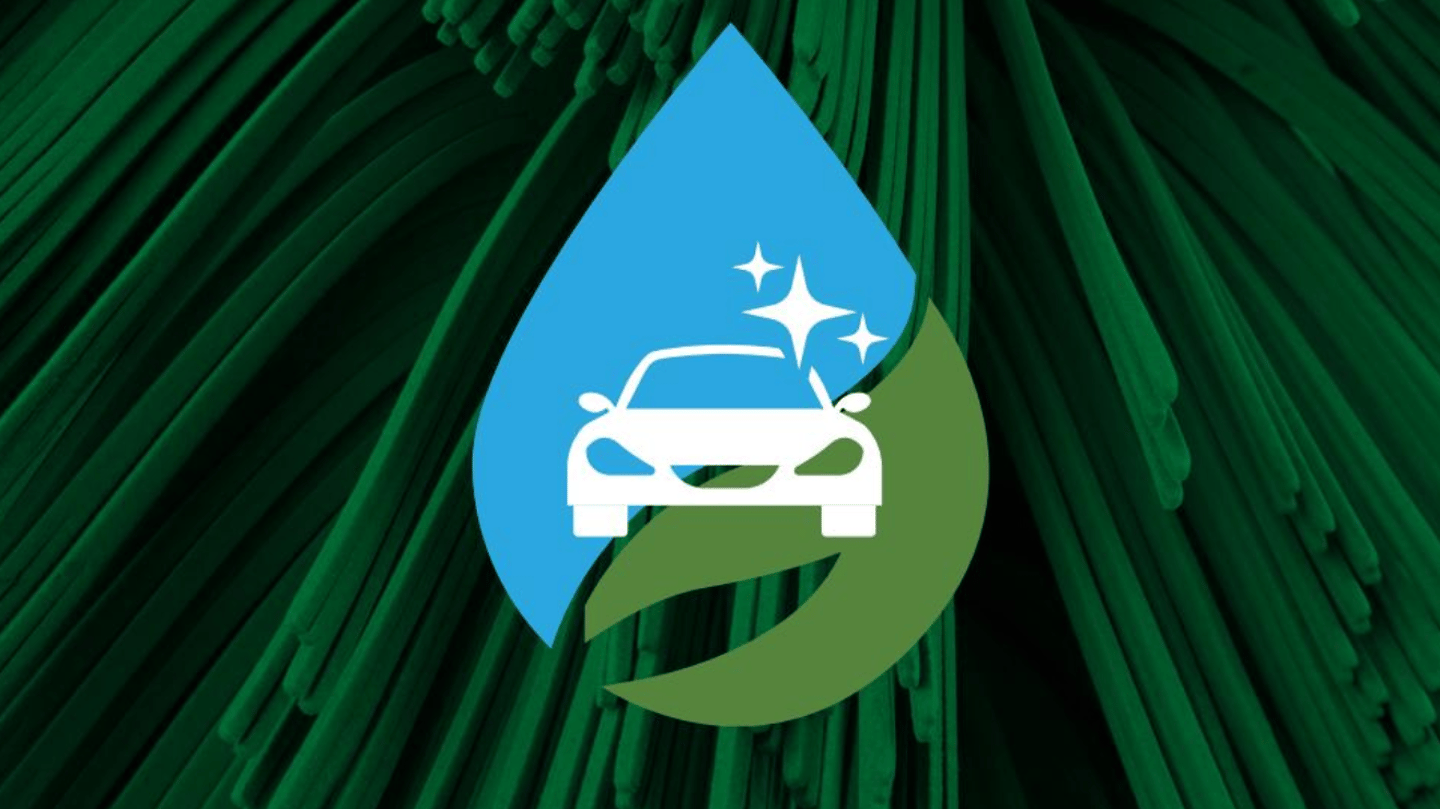Greening the car wash
When it comes to eco-friendly car washing, Canadians are hugely misinformed. A recent Ipsos-Reid study conducted for Suncor found that almost 60% of us believe hand washing a vehicle in the driveway is the most ecologically sensitive way to clean our rides. Younger Canadians, as well as a majority of those from Quebec, Ontario and the Atlantic region, see commercial car wash sites as being harsher on the environment than washing cars in the driveway. The truth is the opposite. Car washes use less water, use less (and better) chemistry, and sites send lower amounts of effluent to municipal water treatment and septic systems per capita than an on-driveway car wash.
According to the Capital Regional District of Victoria (CRD), well-maintained self-serve facilities typically use about 60 litres per vehicle (lpv) without recycling wash water. Automatic systems with water recycling can use less than 30 lpv. Natural Resources Canada estimates that an average commercial car wash uses 260 lpv of heated water, and uses 1,300 gigajoules per year heating water to wash cars. Driveway washes typically use 450lpv (Lower Colorado River Authority study).
In Victoria, as well as a host of other centres across the country, wash operators are required to have an interceptor tank to remove soil and grease from wash water before it enters the sewer. Big savings can be had by reclaiming water from the interceptor and conditioning it for use in the tunnel, where savings can be as high as 80%. The CRD points to an example in nearby Seattle where Grey Line busses spent close to $100,000 on a water recycling system purchased to reduce water use from 1300lpv to 130lpv. The system reduced usage to 100lpv, a 92% reduction. The CRD points out that a 20% improvement in water efficiency in Greater Victoria can save a typical automatic car wash about $1,500 in water and sewer costs and over $3,000 in energy costs annually.
A 2019 survey of 1,000 consumers by CGS, a U.S.-based applications, learning and outsourcing company, claims that Gen Z and millions of millennials are willing to spend more on sustainable products such as eco-friendly car wash solutions. CGS’ Consumer Sustainability Survey found that 35% of the interviewees said they would be willing to pay 25% more for sustainable products. Gen Z participants told researchers they would pay as high as 50% to 100% extra for goods and services that were kinder to the environment. Among all respondents, 7% were willing to pay 50% more for sustainable products and 5% would pay 100% more.
Rexdale's SuperKleen Car Wash in Etobicoke, Ont. has made environmental sensitivity part of their business model. Manager Ankit Shaw reports that they have elected to go with Mondo’s line of biodegradable chemicals to improve their environmental footprint and meet the demands of customers. “Yes, this costs a bit more than traditional chemicals, but we wanted to make a statement in the market that we are responsible operators who care about the environment. These products enable us to do this. Our customers have told us this is the way they want us to go,” he says.
At Ontario’s Valet Car Wash chain, operator Mike Black has turned to products like Simoniz to help his staff stay on top of greener detailing solutions. Simoniz offers a full range of EPA-approved car wash products. “We purchase wash products based on their safety and effectiveness and use technology to help us make sure mix rates are accurate,” he says pointing to blend centres that proportionate solutions to make it fast, easy and safe for staff.
Mike’s view is that when it comes to detailing (a big part of his business), if products are harmful to staff, they are likely not good for sensitive interior surfaces either. “We are also very strict on labelling. All products our staff utilize must have full instructions intact on packaging so that crews are fully aware of the application and any hazards.
“The days of acids for car washing are finished. The only use for these harsh chemicals might be for cleaning the tunnel itself during a major maintenance cycle,” he says, concluding that with all the greener options currently available, operators should pay attention to this trend.
Entries and exits are also important to keeping energy costs in line at car washes. According to Airlift Doors president Josh Hart, the basic use of any door is to keep the heat in and the elements out. Airlift is one of the most recognized names in car wash entries. “The two styles we see most commonly used in a car wash are the polycarbonate door and the vinyl roll-up. The polycarbonate door offers better R values, and the fact that they can be made to allow natural light into the tunnel means sunlight can also warn areas. These attributes mean more heat and less cost.”
The vinyl roll-up door is another great tool for lowering heating costs thanks to its speed of operation. The Airlift door opens and closes at 34-inches per second. This speed limits the amount of out-draft and helps keep warm air inside tunnels and bays. “A good quality, well-maintained door system is the best first line of defence against heat loss, and this is good for the environment,” says Hart.


